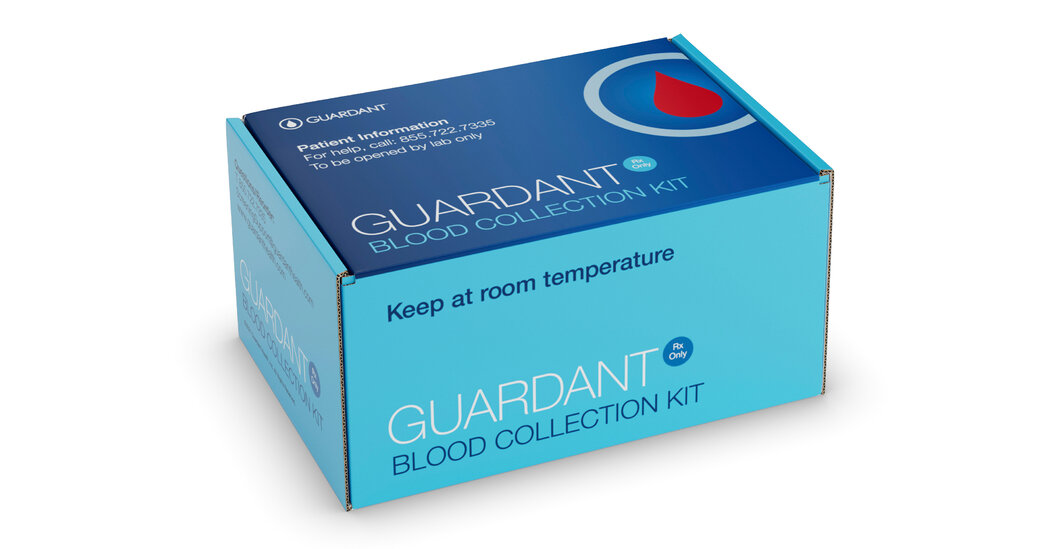
A panel of experts advising the Food and Drug Administration voted overwhelmingly Thursday that a new blood test to screen for colon and rectal cancers is safe and effective and that its benefits outweigh its risks.
But the group warned that the blood test has limitations and added that they are supporting it with the hope that it will increase the abysmally low number of people who are routinely screened for this cancer.
The FDA typically follows the advice of its expert committees.
In the United States, about 150,000 people are diagnosed with colon and rectal cancers each year, and about 53,000 are expected to die this year. Most people screened for the disease receive a colonoscopy or stool test. The FDA approved these methods long ago, and research has shown they are more accurate than the new blood test, Shield, made by Guardant Health of Palo Alto, California.
But for people with an average risk of disease, a blood test would offer convenience: no need for difficult preparations, fasting or anesthesia as in the case of colonoscopy, no negative factors of a self-administered fecal test. However, it must be followed by a colonoscopy if tumors or precancerous tumors are detected.
The biggest problem with blood tests is that, unlike colonoscopies, they do not detect most precancerous growths on the colon that, if detected and removed, would prevent a person from developing cancer. This, said Dr. Stephen M. Hewitt, a member of the National Cancer Institute board, “really undermines the concept of cancer prevention.”
The test, said Charity J. Morgan, a committee member and professor of biostatistics at the University of Alabama at Birmingham, “is better than nothing for patients who get nothing, but it's no better than a colonoscopy.”
And there are many people who get nothing.
The FDA noted that one-third of people who should be screened for colorectal cancer are not being screened, and more than 75 percent of those who died were not up-to-date with screening.
If the agency approves the Guardant Health test, the hope is that it could dramatically change the discouraging colon cancer statistics by offering average-risk patients who refuse colonoscopy a convenient option to get screened.
Colon cancer is one of the few cancers that can actually be prevented with screening. This is because the disease begins slowly as a polyp, a small, harmless growth on the wall of the colon. Most polyps never cause any problems, but some eventually turn into cancer. If they are detected and eliminated, cancer is avoided.
Even if you don't see a polyp and cancer develops, it can usually be treated effectively if it is found before it spreads. The five-year survival rate for early-stage colorectal cancer is 91%, compared to 14% if the cancer has metastasized.
The Guardant test detected 83% of colorectal cancers but only 13% of dangerous polyps.
Colonoscopies detect 95% of dangerous polyps, and the most advanced fecal test detects 42%. The Guardant test is less accurate because its task is very difficult. It must find tiny fragments of DNA from dead cells in the colon that end up in the blood.
The company claims that because its blood tests can be performed easily and frequently, there is a greater chance that dangerous polyps will eventually be found in the years it takes for them to turn into tumors. This, however, has yet to be proven.
And the committee considered a lingering question: Is the risk that the blood test won't detect a dangerous polyp balanced by the likelihood that it could dramatically increase the number of people screened?
For some committee members the answer is clearly yes. Any screening is better than none.
“The important thing is to screen more people in some way,” said Dr. Alexander D. Borowsky, a professor in the department of pathology and laboratory medicine at the UC Davis School of Medicine.
